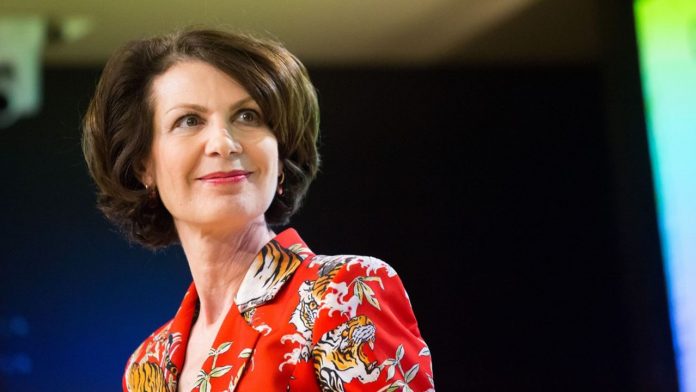Posted Oct 3, 2022, 7:16 PMUpdated Oct 3, 2022, 7:50 PM
Corporate social responsibility policy represents an issue in terms of human resources. The fourth edition of the CSR barometer carried out last May by TNS-Sofres for the Medef with a representative sample of 1,500 private sector employees confirms that the subject is gaining momentum.
And in particular that CSR is a strong vector of both confidence and attachment of employees to their company. This survey was presented on Monday by Dominique Carlac’h, vice-president and spokesperson for Medef, as part of the launch of Responsible and Inclusive Business Week.
Nine points of attachment
According to this survey, the overwhelming majority of employees (9 out of 10) consider their company to be efficient – a historic level, moreover – and 15% even consider it to be “very efficient”. This proportion rises to 27% in companies that have a CSR entity within them. The phenomenon is identical when we look at the proportion of employees declaring that they feel pleasure in working in their company: they are 77% in companies where there is a CSR function or service against 60% in companies that do not have one.
It is clearly a loyalty-building tool: 79% of the employees of a company doing CSR still see themselves working there within three years, compared to 70% for all companies, a proportion which is also increasing slightly ( +2 points) compared to the third edition of the barometer, in 2021. In other words, “a company that does not have a CSR function or service loses 9 points of attachment and loyalty”, underlined Dominique Carlac’h .
“A request from young people”
It is also an issue of attractiveness. “It is a request from young people who rely heavily on the company to meet these challenges”, had underlined shortly before the number 2 of the Medef, Patrick Martin. “I recruit a lot of employees and there is not a young candidate who does not ask me the question when hiring: concretely what do you do in terms of social responsibility”, explained the employer leader. Noting that “companies are not mistaken and are communicating more and more on the subject”, she underlined that CSR is a “real tool” on which HR “can rely”.
The barometer also reflects the post-Covid rise in employee concerns about the quality of life at work. While health/safety remains the number one priority for “personally” employees, with three out of four considering it a priority and 20% important, this item consolidates its second place, with 72% of employees questioned describing it as a priority, up 4 points (and even 79% among women) and 21% who consider it important.
How to react effectively to changes?
Economic uncertainties, political tensions, global warming, changing businesses and industries… The world is changing. How to decipher weak signals, anticipate and best adapt? The “Echos” editorial staff, with its 200 specialized journalists, provides you with strategic thinking tools every day to understand our environment and deal with changes. Through our analyses, surveys, chronicles and editorials, we support our subscribers to help them make the best decisions.













